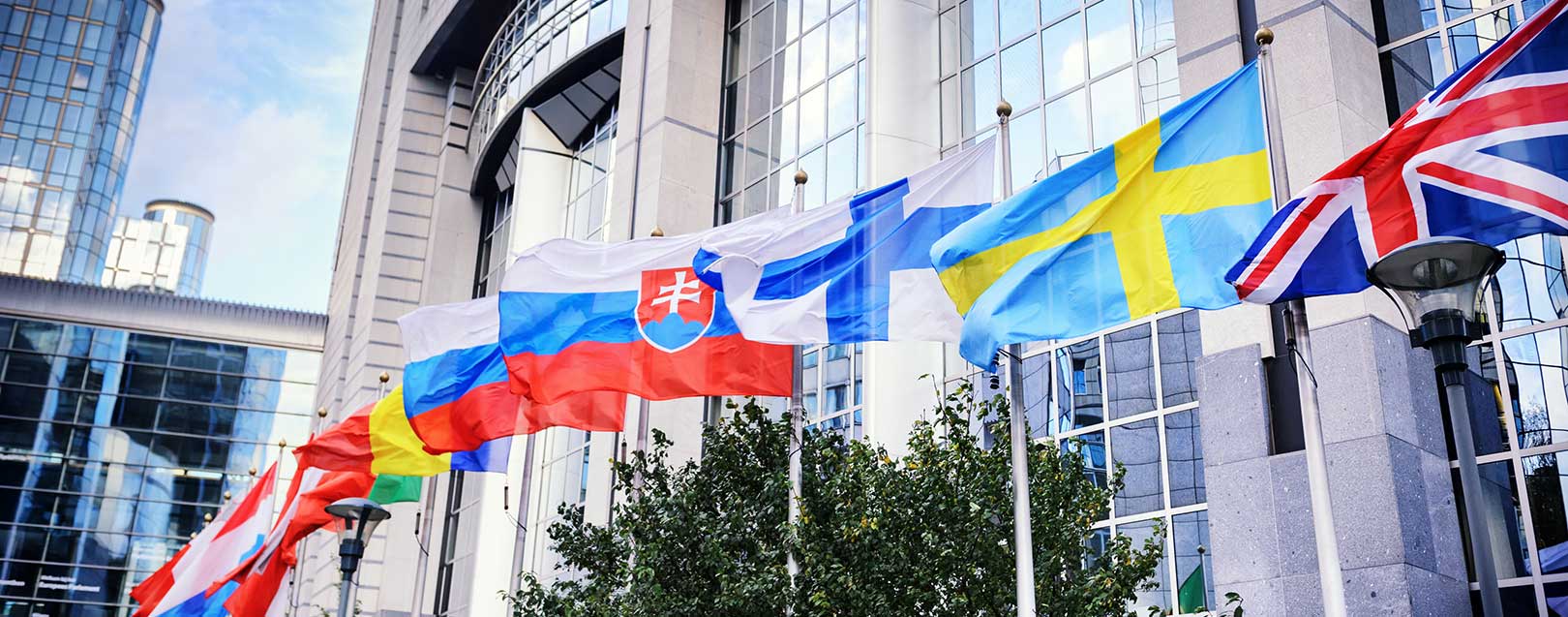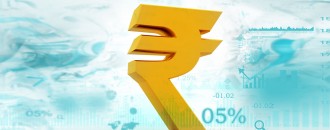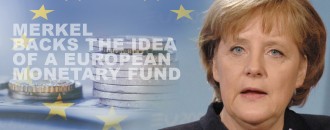
A weaker EU doesn’t help anybody: Dutch Trade Rep
Sneha Gilada
Netherlands – India’s fifth largest trading partner, is a small service economy of 17 million people. The country’s recent elections allayed fears of Brexit sparking a full-fledged anti-EU movement, as the pro-EU party, led by Mark Rutte retained power.
However, the upcoming French and German elections will be crucial in determining the standing of EU in the current geopolitical environment fraught with anti-free trade sentiment. To elucidate the risks associated with a weaker EU for India and the world in general, The Dollar Business (TDB) spoke to Ajay Justin Odathekal (AJO), Chief Representative, Netherlands Business Support Office, Hyderabad.
He also talks at length about India’s trade relations with Netherlands, the challenges that need to be addressed and the opportunities that hold immense potential for economic growth.
TDB: Tell us more about your operations in India
AJO: Netherlands Business Support Office (NBSO), an offshoot of the Ministry of Economic Affairs in Netherlands; helps thriving Dutch businesses create a presence in foreign markets. With its very first office established in Chennai (April, 1996), NBSO has 20 branches across the globe, three of which are located in India.
Baan Corporation, which started off as an ERP provider in Netherlands, is one of the earliest instances of a Dutch business house setting shop in India with our assistance. It later changed its name to Cordys and is now owned by Canadian IT major OpenText. Many IT professionals in Hyderabad who have started their own ventures off-late, have their pedigree in Baan Corporation.
DSM, ARS, Ecobliss, Nutrico are a few Dutch companies who have worked with us during some phase of their growth and establishment in India.
TDB: What are some of the major challenges facing the Dutch economy?
AJO: Across Europe, the challenge at this point of time is rising populism. People want to protect their own turf before they venture out, which will have a negative impact on global trade.
Following the crisis of 2008, what Netherlands saw is a lot of entrepreneurs focussing on their own countries, instead of exploring opportunities abroad.
We now see that interest towards India and China is resurfacing. During my upcoming 8-day visit to Netherlands, I have meetings with 36 different businesses lined up – entrepreneurs who want to expand to India.
Following Brexit, the main challenge countering this emerging interest is a lot of uncertainty in Western Europe. People are waiting to see how it plays out in French and German elections. The results will have a significant impact on investment decisions.
TDB: Post-Brexit, have Indian businesses shown more interest in the other EU countries?
AJO: Many companies which have operations in the UK, but want to stay active in continental Europe, depending on the consequences of Brexit, are likely to open up in Belgium or Netherlands.
In this context, we do have an advantage over the rest of our peers, as a significant size of our population is English-literate, making the language barrier less obstructive than in the other European nations. The only other country that comes close is Norway, in matters of English-literacy, but we do not go up against each other when it comes to companies looking to establish their foothold in Europe.
But most companies are going to wait for some clarity, as nobody knows how this is going to play out – neither the law makers nor the EU. So, if Brexit ends up blocking free trade between the EU and UK, companies will start moving to continental Europe.
TDB: What are the prospects of a Nexit? Would Netherlands be better off independently?
AJO: There was a lot of hype around the Nexit campaign – but there’s absolutely no truth in that statement. We are trying to dismiss these concerns, as we believe Netherlands is one of the founding members of EU – and is here to stay. We are closely aligned with the European ideals of cooperation, free trade, unrestricted labour movement.
Netherlands, as a stand-alone state will no doubt survive and thrive, as is the case with any other developed nation. It will perhaps do well economically even outside of EU, but the country, its people, and its leadership believes that nations must cooperate – for the common good of all people. It enables access to a larger pool of resources, products, services and people.
So, being better off with or without the EU is not the question here. It’s the approach that the people and the governments take.
TDB: The anti-immigration rhetoric has affected openness towards free-flow of labour. Where does Netherlands stand in this context?
AJO: Speaking in the capacity of a young professional who started his career in Netherlands, I’d say the country is very welcoming to talented young people. I’ve personally never experienced discrimination at any level in terms of opportunities, remuneration or responsibilities.
Of course, off 100 jobs, probably 20 would be suited to those who aren’t fluent in Dutch, but what the country sees is your willingness to invest in their culture and eagerness to integrate with their society. In fact, IT majors like TCS and Infosys have a very large workforce in Netherlands.
A professional being employed in the Netherlands is most likely a 'Kennismigrant' - a knowledge migrant. It is the visa that is issued to highly skilled foreigners employed in the Netherlands. In order to qualify for the said visa, there are minimum thresholds of salary that the employee needs to earn, just like in any other developed nation.
The Netherlands, however, has a special advantage as far as highly skilled labour is concerned. Subject to certain conditions, a highly skilled migrant may qualify of a 30% ruling, in which case only 70% of the income earned by the foreign employee in the Netherlands is taxable.
TDB: Which sectors in India does Netherlands view as attractive investment opportunities?
AJO: Netherlands, being the second largest exporter of agrarian products and technologies in the world, would want to invest in agricultural technologies such as processing equipment, green houses, cold chain, seeds etc. Dutch technology is also finding application in diary industry, potato industry, flowers etc. In fact, the two main countries actively collaborating with India’s Agricultural Centres of Excellence are Netherlands and Israel. IT/ITES has also seen a large investment from Netherlands.
I see tremendous potential in life sciences and healthcare as well, in which, large Dutch corporations like Philips and Enraf Nonius are increasingly investing more and more.
TDB: How do you rate the ease of doing business in India? What can the government do to improve it?
AJO: We find two kinds of economies. When we talk about Japan, Germany or China, we picture factories – the manufacturing countries. Netherlands is a knowledge based service economy – the other kind, driven by innovation.
What we observe is India not only welcomes but also incentivises investment in manufacturing. Kia motors announcing a new investment or Apple opening an assembly plant are examples.
But the same attitude is not true for technologies. India doesn’t value stand-alone technologies or knowledge as the Western world does. To make them relevant to India, innovation must be presented in connection with a product. So, for most Dutch companies, participation in India comes through projects.
At the same time, the big-ticket projects in which these technologies could be immensely useful, are almost always awarded to the lowest bidders. Since advanced technologies do not come cheap, most Dutch businesses do not stand a chance in securing these projects. This is a challenge that all developed nations face in India, where people demand expertise but aren’t willing to pay for it.
Initial capital being locked down for years, random change of rules – these are some things that affect the morale of foreign participants, frustrate them, and become the source of negative publicity for India back home.
How much ever the PR campaigns of the government glorify ‘ease of doing business’ or ‘investment-friendliness’, unless there is transparency, sensitivity towards the work ethic of foreign entities and willingness to meet them half way through, the perception won’t change.
TDB: In what ways can Netherlands and India aid one another in growth and development?
AJO: Netherlands will eventually need young professionals as the average age of its population rises, which India has in plenty.
While India desperately wants ‘Make in India’, does it have the skills to do it? Netherlands’ expertise in skilling blue-collar work force can help bridge this gap, provided India takes an interest. Vocational schools in Netherlands train people in almost every skill, from fisheries to high-tech machinery.
While the economic growth cycles are bound to continue, this exchange of white collar talent for blue-collar training would be mutually beneficial to the long-term growth of both the countries.
TDB: Considering the wave of populism doesn’t subside soon, what could be the impact of a weaker EU on trade?
AJO: A weaker EU doesn’t help anybody. That is something that the ruling politicians realise but the populist people do not. Collectively, you can get things done in a more efficient way.
For instance, there are two main ports in Europe which handle majority of the trade– Port of Antwerp and Port of Rotterdam. If the freight at these ports could not be moved across EU without tariffs at every border, the prices of both imported and exported goods would rise and economies would suffer. The abolition of Schengen Agreement would increase travel costs exorbitantly – another big deterrent to business.
Closing borders, not only from a political stand point, but also from economic point of view, doesn’t make any rational sense; but that must be effectively communicated to people.
TDB: In the last three years, trade between India and Netherlands has successively decreased. What are the reasons?
AJO: It has a lot to do with fluctuations in exchange rates. In terms of fiscal quantities, the trade has not been affected much. India has significantly reduced its import of petroleum products and natural gas from Europe in the past few years, but in consumer goods, the imports have increased.
Large Dutch chains in the consumer goods market are gradually entering India. I can only imagine that as the EU becomes more stable after the two pivotal points in May and September (French and German elections), trade will also improve.
TDB: What are some untapped opportunities for collaboration between Netherlands and India?
AJO: As efficiency gains importance in the Indian economy, there will be a lot more for Netherlands to offer. Some of the smart cities chosen by the Govt. of India, for the pathbreaking 'smart cities' project, are working closely with Dutch companies, a notable example being Dharmashala, which has adopted Dutch technologies in various sectors, most notably in waste management.
Netherlands and India have a Joint Working Group (JWG) looking into urban development needs of India. Dutch companies have plenty to offer in terms of waste management and water treatment, issues which are of high concern to India.






 to success.
to success.